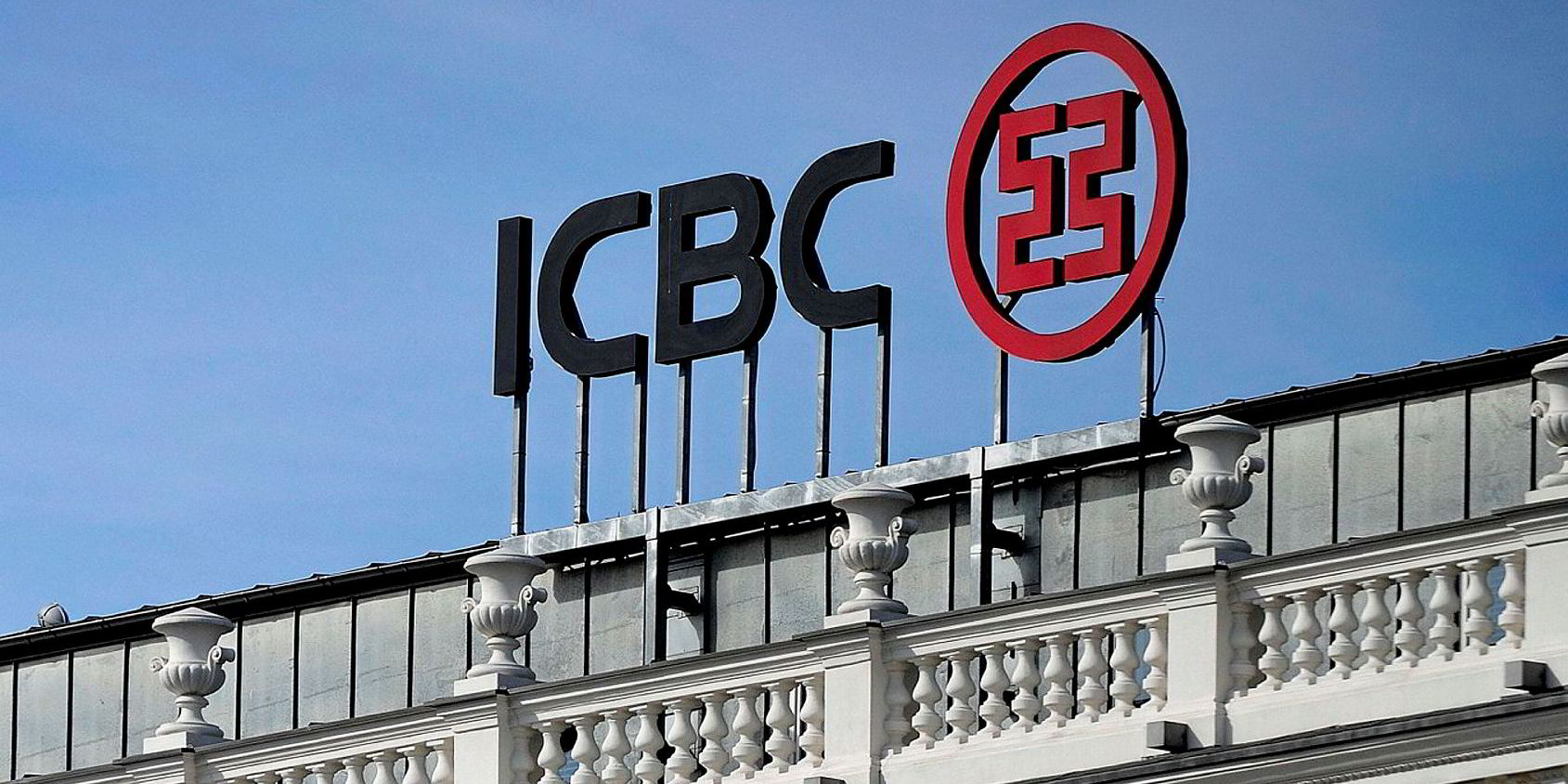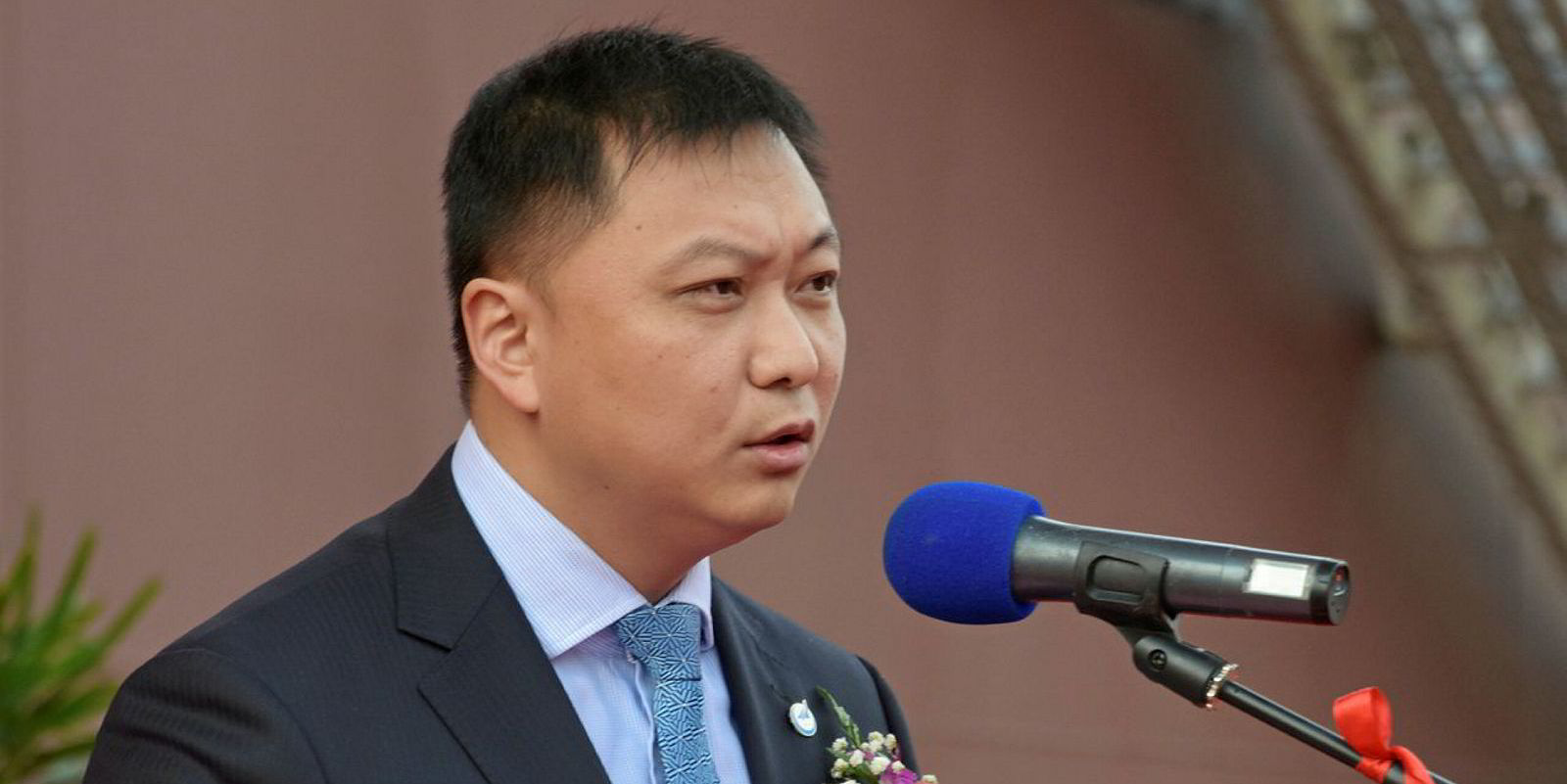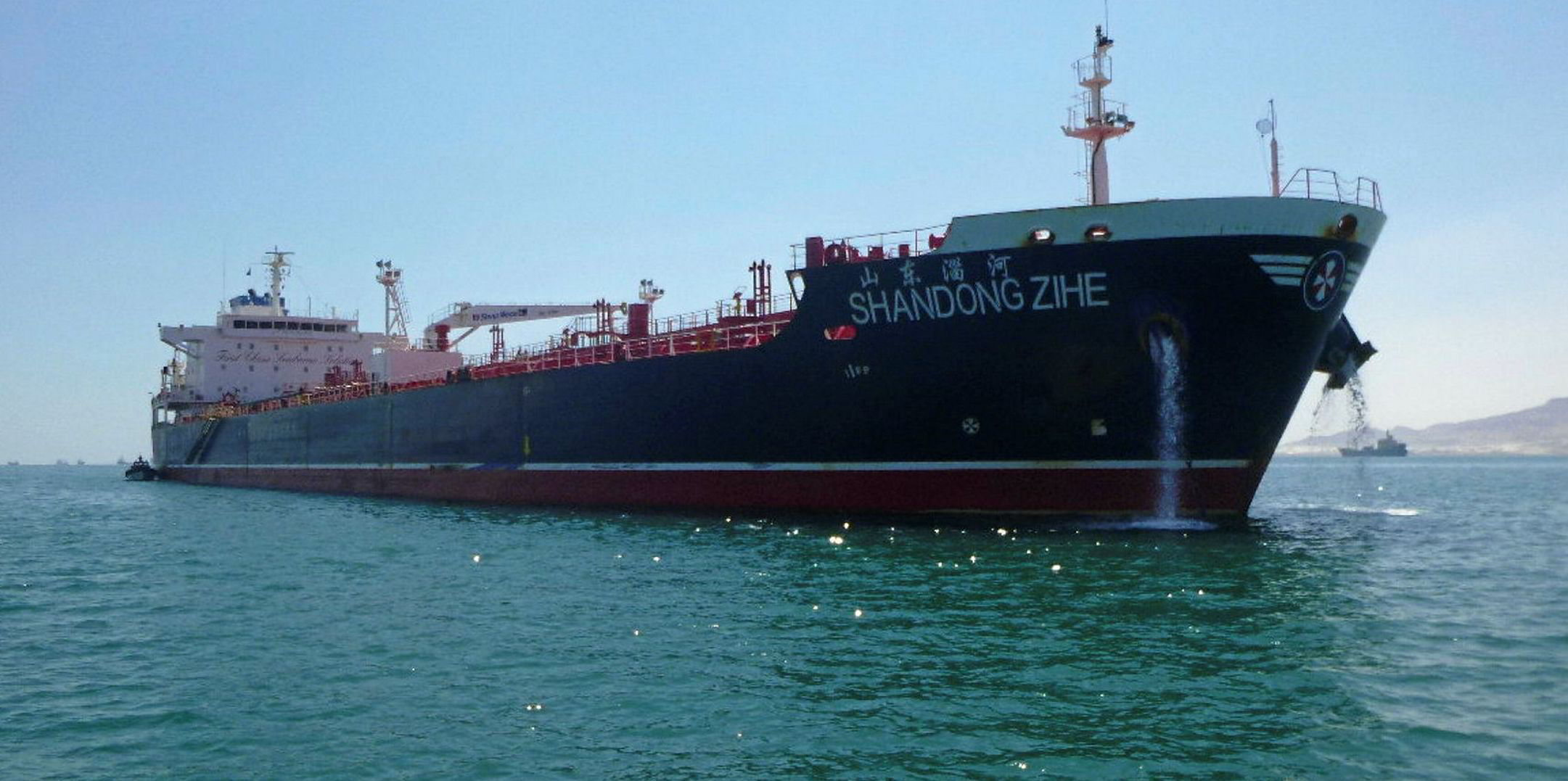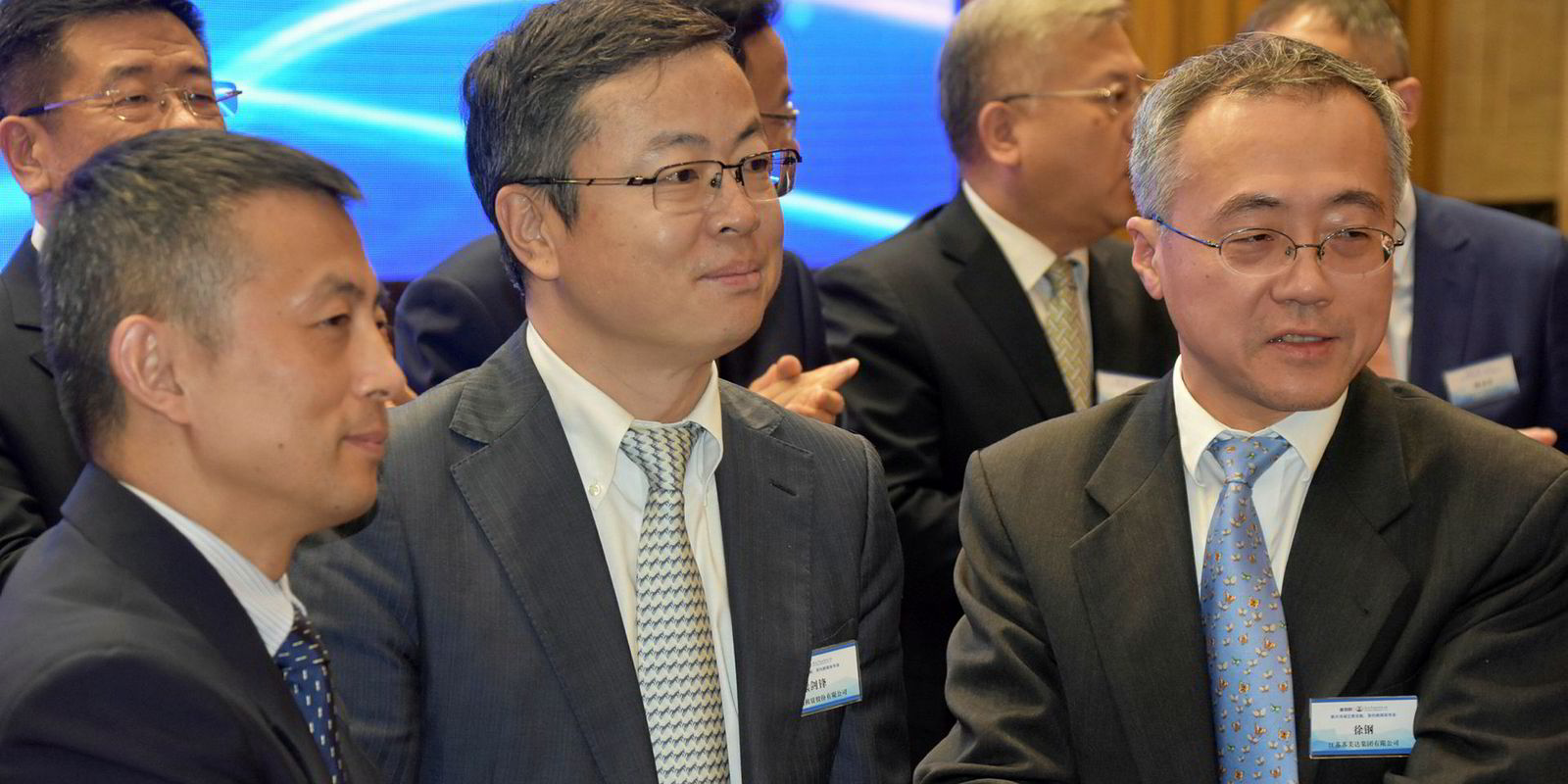To the world of shipping and shipbuilding, China's seemly inexhaustible money taps may have become indispensable.
But some of the current and prospective beneficiaries of deep Chinese pockets may soon start to feel disappointed as Chinese lessors seek to refine their business models.

Those financiers in Beijing and Shanghai are shifting away from a revenue-driven growth model as their top-floor management insists on stronger margins.
They have become pickier and are even willing to turn away from ultra blue-chip end users to deal with a bigger margin upside — possibly showcased by ICBC Leasing's recent high-profile snub of Shell and its Project Solar initiative.
The emerging profit motive could also bolster the trend among some players of acting as trading shipowners instead of just financiers.
Pursuit of greater profits will only be enhanced in the public markets in case of a widely expected public listing by one of the biggest players, Bank of Communications Financial Leasing (Bocomm FL).
Powerhouses seeking changes
By the end of 2018, just a decade after Chinese lease financing opened for business, it held a shipping portfolio worth over $51bn, according to figures presented by James Chen of Smarine Advisors at March's Marine Money conference in Shanghai.
Some $12.6bn of funds had been drawn down in the 2018 calendar year alone, after adjusting for about $1bn of portfolio-balancing transactions among the Chinese lessors.
That represents a total year-on-year growth of 9%, and does not count other Chinese sources of shipping money, such as export credit lending from the biggest Chinese ship-finance source of The Export-Import Bank of China, guarantees from China Export & Credit Insurance Corp or traditional mortgage lending from the parent banks of the leasing houses.
Some experts consulted by TradeWinds say, if anything, the figures are on the conservative side.
Still, the real picture is not one of unhaltingly aggressive growth.
During 2018, some smaller players such as AVIC International Leasing grew as they strove to catch up to the four established leaders of ICBC Leasing, Bocomm FL, Minsheng Financial Leasing, and China Merchants Bank (CMB) Financial Leasing.
The most aggressive lessor in the previous two years — Bocomm FL — fell back significantly, from drawdowns of $2.9bn and $3bn in 2016 and 2017, respectively, to just $2bn in 2018, although its volume of new deals remained high
But three of the big four had flat growth over the preceding two years or fell back.
The biggest lessor — ICBC Leasing, the leasing arm of giant Industrial and Commercial Bank of China — recorded a huge leap, but that represented a comeback after a year in retreat. It registered $2.7bn in shipping drawdowns in 2016 and $2.2bn in 2017, making last year’s figure of $3.2bn look like a greater leap forward than it really was.
Done deals
And, as in the case of several institutions, the drawdown for each year includes a high proportion of funds actually committed in deals already done.
The most aggressive lessor in the previous two years — Bocomm FL — fell back significantly, from drawdowns of $2.9bn and $3bn in 2016 and 2017, respectively, to just $2bn in 2018, although its volume of new deals remained high.
However, CMB Financial Leasing essentially registered flat growth during the three-year period, from $1.5bn up to $1.7bn and back down again, while Minsheng dropped from $1.8bn in 2016 to $1.2bn in drawdowns for each year since then.
Minsheng's figures show another aspect of the greater emphasis on bottom line returns: the turn towards shipowning.
Minsheng has been the most aggressive of the lessors in putting its money into buying tonnage for its own trading and asset play, but it has not been alone in doing so.
ICBC Leasing, Bocomm FL and Minsheng all have their own dry bulk chartering desks these days, mostly for long-term time charters, and Minsheng has been moving cautiously in that direction in product tankers as well.
Traditionally the Chinese lessors have aimed their cash at the biggest and strongest end users. But, last month, the board of ICBC Leasing made headlines when it turned down Shell for a long series of MR2 product tankers.
Prohibitive pricing
Sources said at the time that ICBC Leasing asked for improved terms but, in the end, it walked away because the high-spec ships were too pricey in relation to the general market, and the time charters were considered too short.
It is too soon to say if the failed Shell-ICBC deal represents a turning point in the strategy of Chinese ship finance. It was a loud no, punctuating an unbroken series of yesses, and shipowners are on the alert over what may come next.
This article is part of the Maritime Asia business focus. Read the full report in the next weekly edition.





